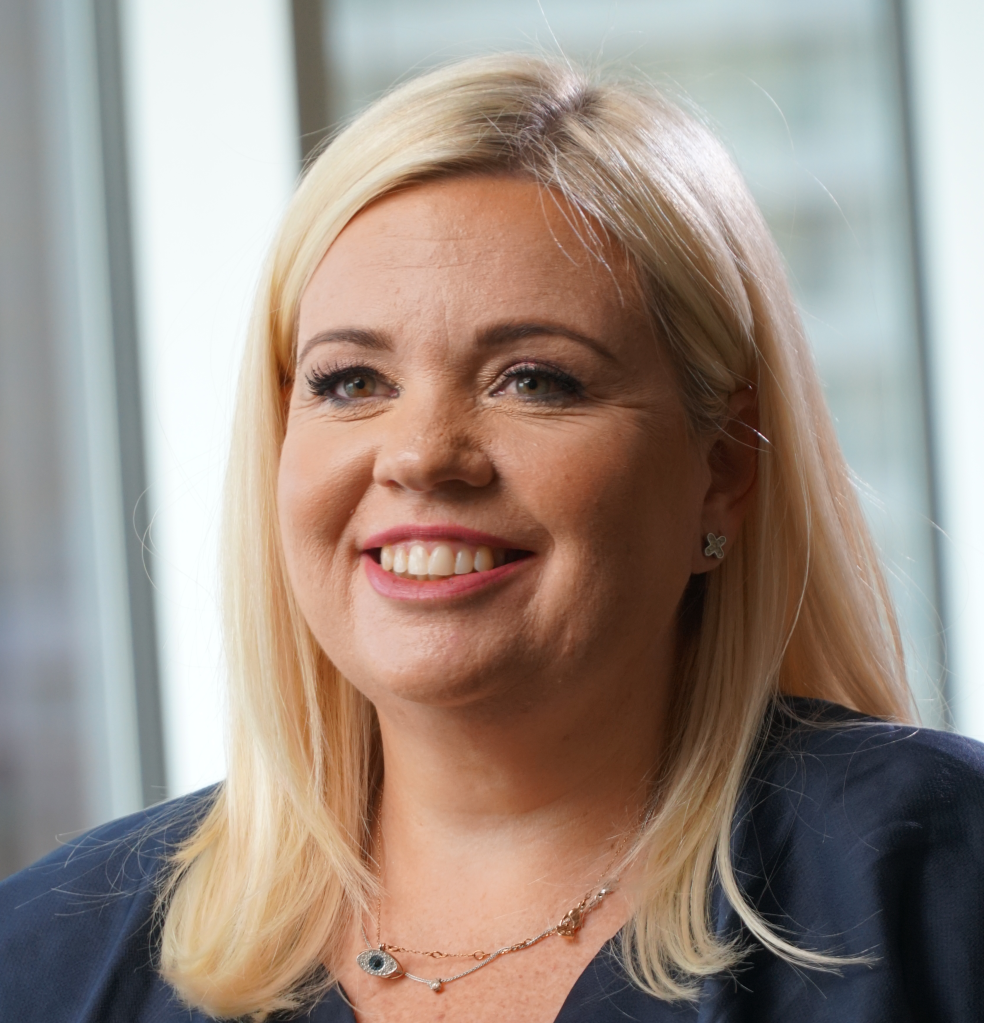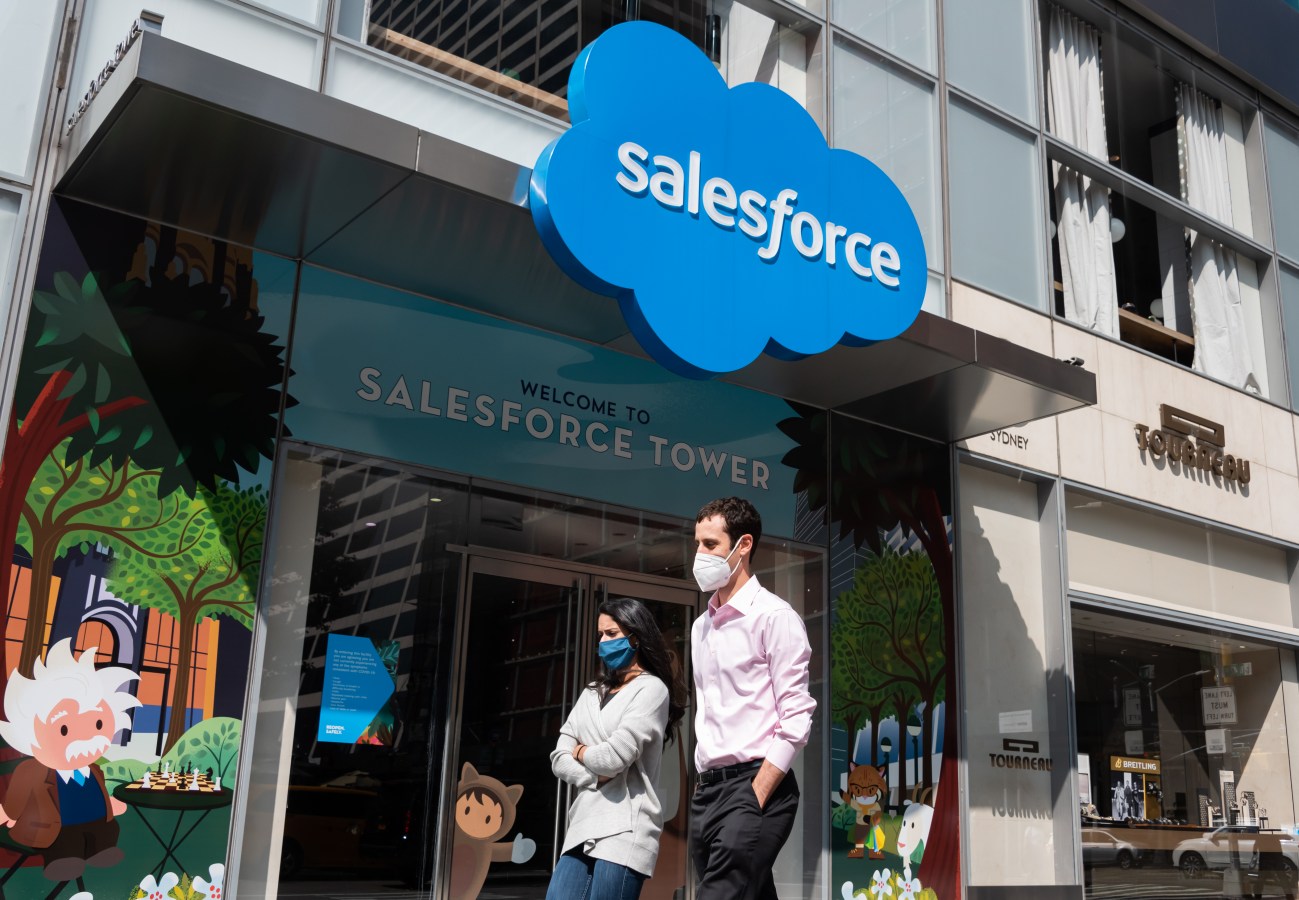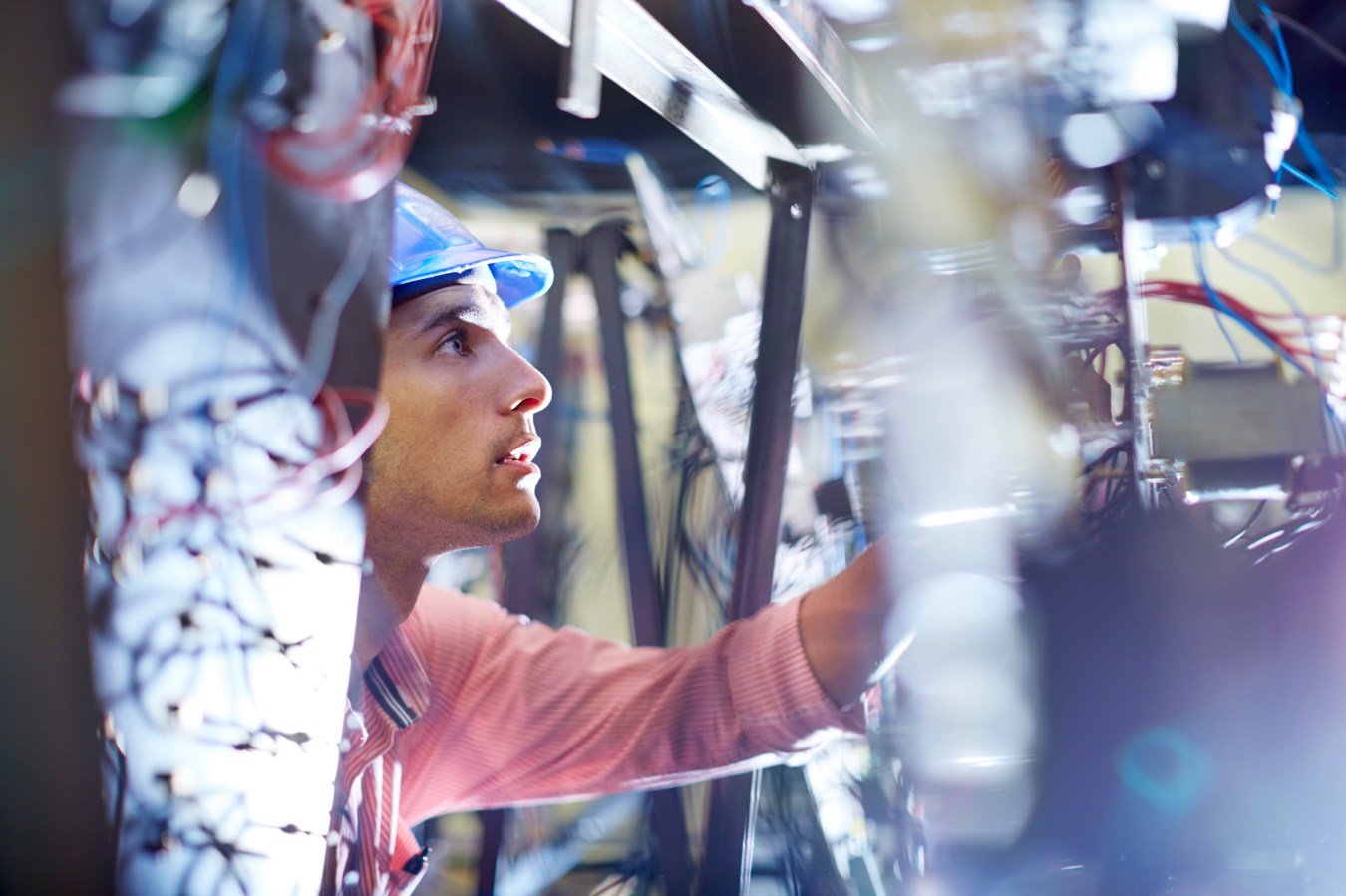Uptake of generative artificial intelligence (AI) amongst office workers might be increasing, but women don’t trust it, new research from Salesforce shows.

Overall, just 59% of Australian office workers say they trust generative AI. Broken down by gender, 43% of women respondents trust AI compared to 70% of men. And, women are more concerned than men about generative AI in decision-making processes, with 88% expressing concern compared to 78% of men, Salesforce research commissioned with YouGov found.
And while the research doesn’t explore what’s behind the trust gap, Rowena Westphalen, senior vice president, innovation, AI & customer advisory APAC at Salesforce, has her theories.
“We know that generative AI is built on biased datasets, and we know from time to time, it can get things wrong. Perhaps more women pick up on the bias more regular, that’s an area that would be nice to test.”
Westphalen also points to the STEM gap in general – according to the Department of Industry Science and Resources, women make up 37% of enrolments in university STEM courses, and just 17% of VET STEM enrolments. “You wonder how much of it is they don’t trust it versus they’re just less attracted to it. If women are opting out of math earlier on, there could be something in that as well.”

Empathy could also be a factor, Westphalen says. A Cambridge study of 306,000 men and women from 57 countries found women showed much higher cognitive empathy in 36 countries, and a similar amount to men in 21 others. In no country did men show greater empathy.
“The thing that’s often missing from generative AI is this true expression of humanity and I think women often value that a bit more. It could be that element as well.”
The data also found the trust gap is generational, too. Perhaps unsurprisingly, millennials most trust Gen AI (70%), followed by Gen Zs (69%), Gen X (47%) and, finally, Baby Boomers (32%). To bridge the gap, office workers are asking for greater visibility into how AI is used, greater transparency of underlying algorithms, industry standards and human validation of outputs.
“Technology is just a tool – it’s neither good or bad, it’s how you use it. But [with AI] good and bad can get blurred,” Westphalen says. And so, education and ethics frameworks will play a big role in closing the so-called trust gap, she says.
Related
For example, Westphalen points to Salesforce’s Office of Ethical and Humane Use, which it launched in 2018, and its chief ethical and humane use officer, who looks to achieve ethical products at the company. She says Australia will start to see roles like that emerge across all businesses.
The data also pointed to different AI adoption at different levels of management: AI was a priority for leaders, but not for junior employees. Eighty-two per cent of managing directors/non-executive directors were using or experimenting with generative AI at work, along with 55% of owners/C-suite executives and 67% of senior managers and directors. Conversely, only 39% of junior management, team leaders and supervisors just 34% of those with no management responsibility claimed they were using generative AI.
Again, the research doesn’t reveal why, but Westphalen says it could be due to younger managers not being empowered to use AI effectively.
“You wonder how much are they activated to actually make decisions close to their customer, and drive that? And that’s the million-dollar question. We encourage a lot of experimentation at Salesforce, and it’s clear around what risks they can and can’t take. And when things don’t go well, we celebrate how we can learn from that.”
Slack AI, Einstein Copilot
Salesforce, which has a market cap of US$280 billion, has made a huge play for AI. It launched Salesforce Einstein back in 2016, which was a new set of products set to use machine learning to integrate predictive insights across Salesforce’s suite of sales, customer service and marketing software. Today, it’s transformed into Einstein Copilot, a generative AI-powered conversational assistant for every Salesforce application (and Einstein Copilot Studio, which enables companies to build their own AI-powered apps).
Related
So far, these features are producing results for customers. Salesforce says beauty juggernaut Mecca employs Einstein Bots to power its Miss Mecca chatbot, and reported a 75% reduction in chat abandonment rates as a result. Lorna Jane has also seen a 50% boost in its average order value after employing Einstein Product Recommendations.
In June last year, the company committed US$500 million to invest in generative AI startups as part of its Generative AI Fund, which aims to support start-ups developing “responsible generative AI”.
Look back on the week that was with hand-picked articles from Australia and around the world. Sign up to the Forbes Australia newsletter here or become a member here.




